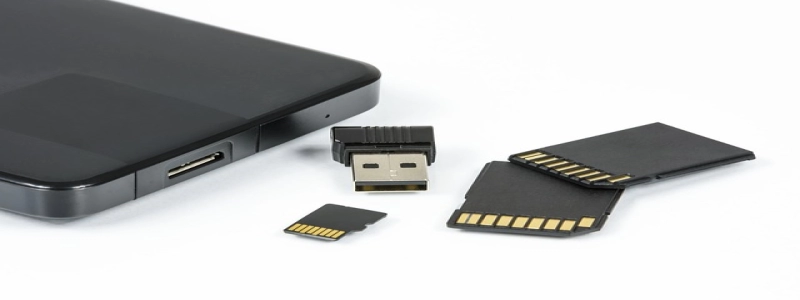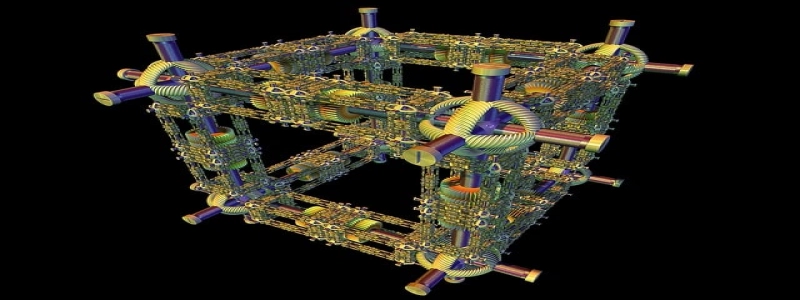Does the Type of Ethernet Cable Matter?
Úvod:
Ethernet cables are the lifelines of our digital world, allowing us to connect devices to the internet and communicate with one another seamlessly. With the advancement of technology, different types of ethernet cables have emerged, each claiming to provide superior performance. But does the type of ethernet cable really matter? In this article, we will explore the various types of ethernet cables and their impact on network performance.
já. Understanding Ethernet Cables:
Ethernet cables are categorized into different types, commonly referred to as \”Categories\” or \”CAT.\” These categories include CAT5, CAT5e, CAT6, and CAT7. Each category represents a different level of performance, with CAT7 being the most advanced.
II. Different Types of Ethernet Cables:
1. CAT5: CAT5 cables were the standard in the early 2000s, capable of transferring data at speeds of up to 100Mbps. They are still in use today but are considered outdated for high-speed internet connections.
2. CAT5e: CAT5e cables are an improved version of CAT5 cables. They have enhanced performance, capable of transmitting data at speeds of up to 1Gbps. CAT5e cables are commonly used for home networks and small businesses.
3. CAT6: CAT6 cables are designed for higher bandwidth requirements. They can transmit data at speeds of up to 10Gbps, making them suitable for larger networks and high-performance applications. CAT6 cables also provide better resistance to crosstalk and interference.
4. CAT7: CAT7 cables are the latest and most advanced type of ethernet cables. They can handle data transmission at speeds of up to 40Gbps and have superior shielding properties, ensuring minimal crosstalk. CAT7 cables are commonly used in data centers and professional networking environments.
III. Does the Type of Ethernet Cable Matter?
The type of ethernet cable you choose depends on your specific requirements. For basic internet usage, such as browsing the web and streaming videos, CAT5e cables are sufficient. They offer satisfactory speeds and minimal latency.
nicméně, for more demanding applications, such as online gaming, video conferencing, or transferring large files, a higher category cable like CAT6 or CAT7 is recommended. The increased bandwidth and improved shielding of these cables ensure a more stable and reliable connection.
IV. Other Factors to Consider:
While the type of ethernet cable is important, other factors can also affect network performance. These factors include the quality of the connectors, the distance between devices, and the overall network setup. It is essential to ensure that all components of the network, including routers, přepínače, and devices, are compatible and functioning optimally.
Závěr:
In conclusion, the type of ethernet cable does matter depending on your specific needs and applications. For basic internet usage, CAT5e cables are sufficient, while higher category cables like CAT6 or CAT7 are recommended for more demanding tasks. nicméně, it is crucial to consider other factors that may impact network performance and ensure all components are compatible. By choosing the right ethernet cable and optimizing your network setup, you can enjoy a fast and reliable internet connection.







